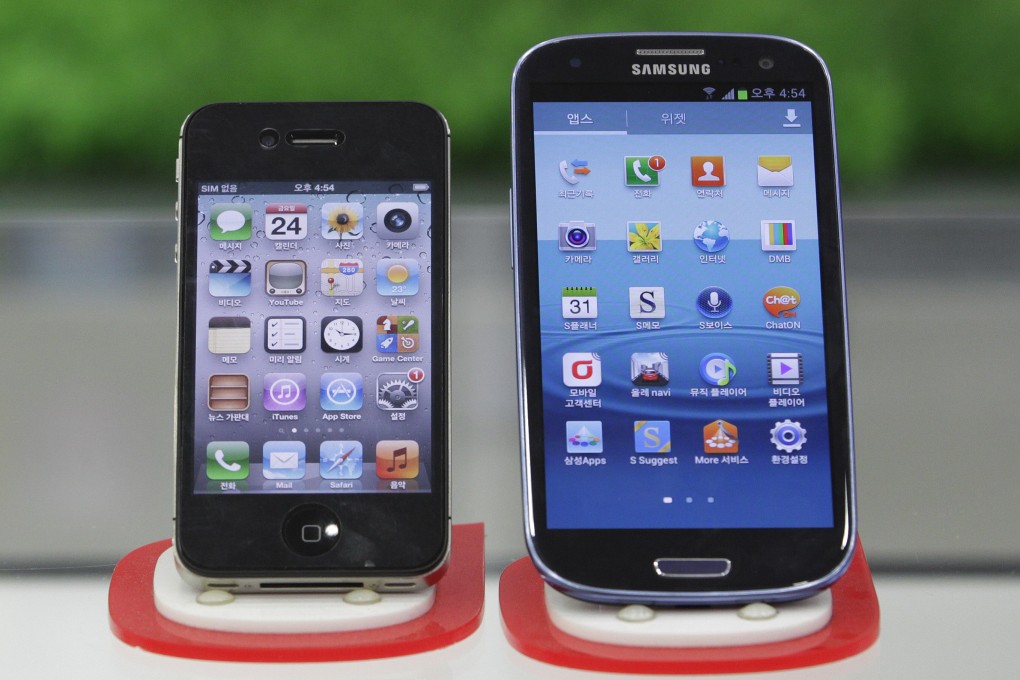Soon your smartphone will know what you're doing and predict your next move
Devices that know what you're doing and can predict your next move are coming our way, writes Jamie Carter

Smartphones know where we are and even what direction we're facing, but what if your smartphone knew your context? Not just where you are, but what you're doing, who you're with - and what you're (probably) going to do next. Doesn't that sound like a better personal assistant than your phone has now?
The future of phones is all about contextual computing, which should be with us by 2017 in full force, embedded in phones, tablets and all kinds of wearable devices. It's a revolution that will be built around computers and devices that can both sense and react to their environment; the goal is "people-centred design".
One early effort at contextual computing comes from an Android app called Agent. It utilises the sensors already in your smartphone - GPS, gyroscope, accelerometer, Bluetooth, temperature and Wi-fi - to assess your context. Then it takes actions on your behalf.
Agent can detect when you're low on battery and start preserving power. It also knows when you're sleeping and automatically silences your phone, and can tell when you're driving, too. In the latter scenario, it automatically reads aloud your text messages.
Why are contextually aware apps like Agent now possible? "It's a combination of Moore's Law, which is shrinking the size of computing devices, along with the mass-market penetration of mobile devices, which means that it is now feasible to try and attempt to learn context," says Kulveer Taggar, CEO at Agent.
"We have abundant computing power, along with lots of sensors, which means that smartphones can look at many inputs and start learning what we are doing, where we are and who we're with."